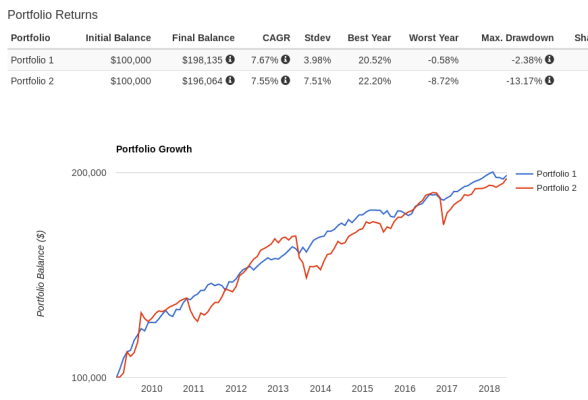SilentWalker
Recycles dryer sheets
- Joined
- Jul 12, 2015
- Messages
- 61
I am planning for RE in 7-8 months, next February(ish). Starting to make plans to have a stable source of cash during the first 9 years of retirement until pensions start at age 65. I will be needing about 70k per year from savings during these first 9 years and conveniently just about that amount will be coming out of my option exercises and deferred salary payouts that will happen during the first 12 months after the retirement day. So, some time next year I will be sitting on 650k of cash that closely matches the amount I will be needing during my first 9 years of RE.
My thought has been to put the first two years needs on a high yield savings account (currently 2.5%) and the rest on CD ladder from 2 to 8 years of duration. Technically this should work OK as long as the CD yields stay decent until I get my hands in the cash next year.
Since I still have months to decide, I keep second guessing my plan. Some of this money won't be needed for 5-9 years, so is there something else besides CD's I should be considering? Looks like the current government bond yields are lower than the current CD yields and I'm not sure what else I should be considering for the 5-9 year time span. Yet my greedy mind keeps thinking if there is something with a bit better yield but minimal risk that would fit my planning goals.
Just for clarity, I also have a significant size second "bucket" that is currently 80/20 AA as this money I will not need for at least 15 to 20 years, if ever.
My thought has been to put the first two years needs on a high yield savings account (currently 2.5%) and the rest on CD ladder from 2 to 8 years of duration. Technically this should work OK as long as the CD yields stay decent until I get my hands in the cash next year.
Since I still have months to decide, I keep second guessing my plan. Some of this money won't be needed for 5-9 years, so is there something else besides CD's I should be considering? Looks like the current government bond yields are lower than the current CD yields and I'm not sure what else I should be considering for the 5-9 year time span. Yet my greedy mind keeps thinking if there is something with a bit better yield but minimal risk that would fit my planning goals.
Just for clarity, I also have a significant size second "bucket" that is currently 80/20 AA as this money I will not need for at least 15 to 20 years, if ever.

